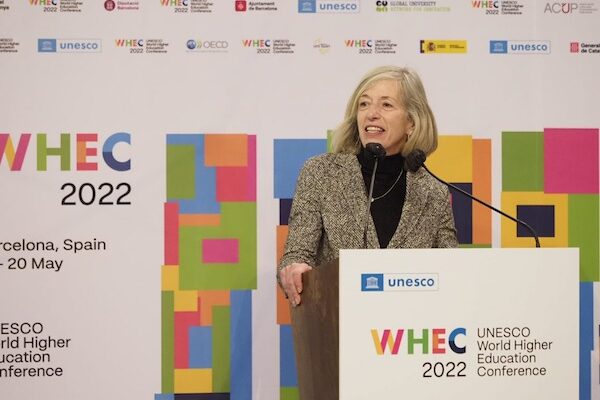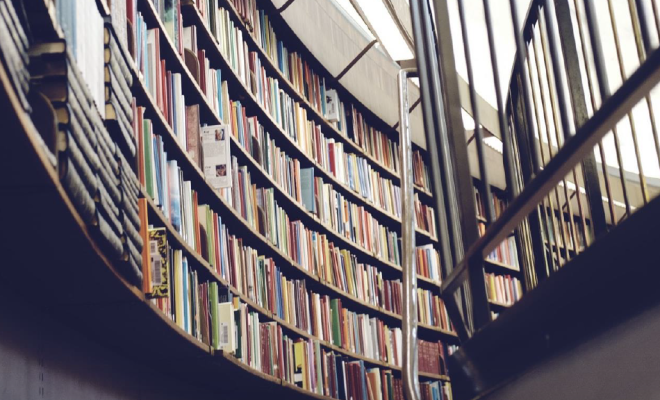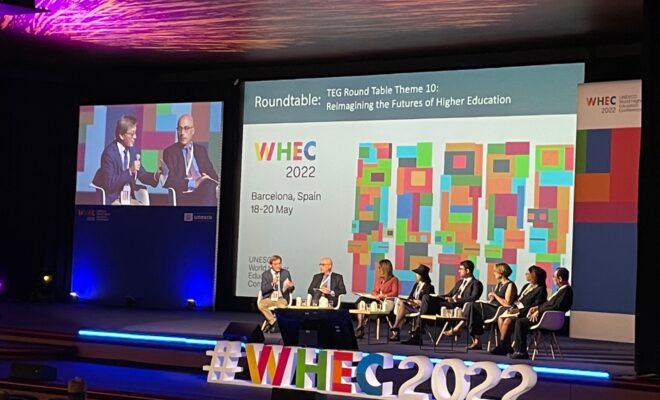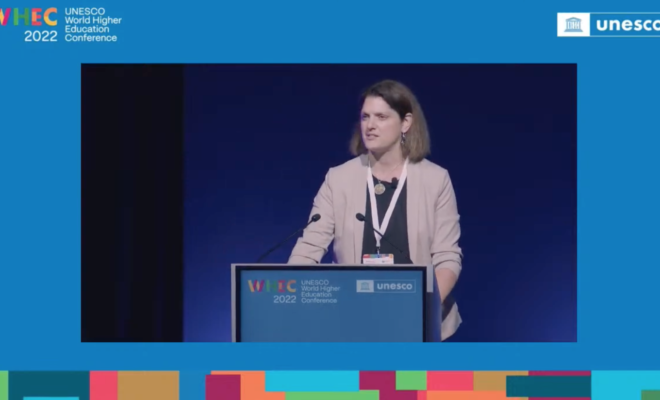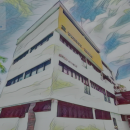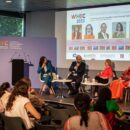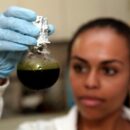Critical higher education for social welfare, raised by experts | LaJornada
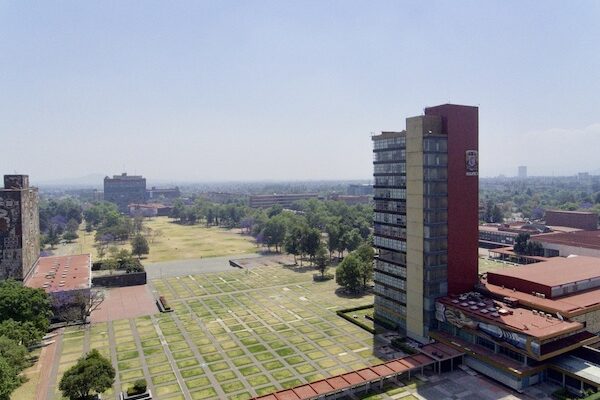
By Laura Poy Solano | LaJornada
Specialists warned that a change is urgent in higher education, so as not to see university education only as a service, but as a social right, which builds a critical view of social welfare and protection of the environment.
The global presentation of the report “Pathways to 2050 and beyond. Findings from a Public Consultation on the Futures of Higher Education”, prepared by the International Institute for Higher Education in Latin America and the Caribbean (IESALC) of the United Nations Educational, Scientific and Cultural Organization (UNESCO), emphasized the growing need of promoting a change in the paradigms of higher education in order to guarantee greater justice and social well-being.
The main findings include that 30 percent of respondents believe that higher education should help in the promotion of social well-being; 26 percent believe it should generate peace processes; 20 percent believe that university education should help in the promotion of social justice, and the same percentage that it should serve to reduce inequities.
In a virtual conference, Andrew Augustine, chair of the UNESCO IESALC Governing Board, highlighted that recent years “have been marked by phenomena such as the growth of private providers and the privatization of higher education financed with public funds, as well as the development of accreditation systems, and greater access and changes in the way in which higher education is financed, which imposes new challenges.”
Emma Sabzalieva, a member of the UNESCO IESALC team that prepared the report, pointed out that in the consultation respondents emphasized hopes and concerns about four central themes: quality of life, social change, care for the environment and technology development (1,199 respondents from 97 countries answered to the online consultation).
Respondents expressed concern about health, poor quality of life, continuity of social inequalities, war and conflict, environmental degradation, and unethical uses of technology.
In front of this situation, it is proposed to strengthen that higher education is more accessible and available to all, not only to those who can afford it; that it promotes more social justice and that it is more focused on students. It is proposed that learning be more inclusive and be everywhere, accompanied by technology, but with sustainable use.
Translated from the original note on LaJornada
Photo of LaJornada.
RELATED ITEMS

